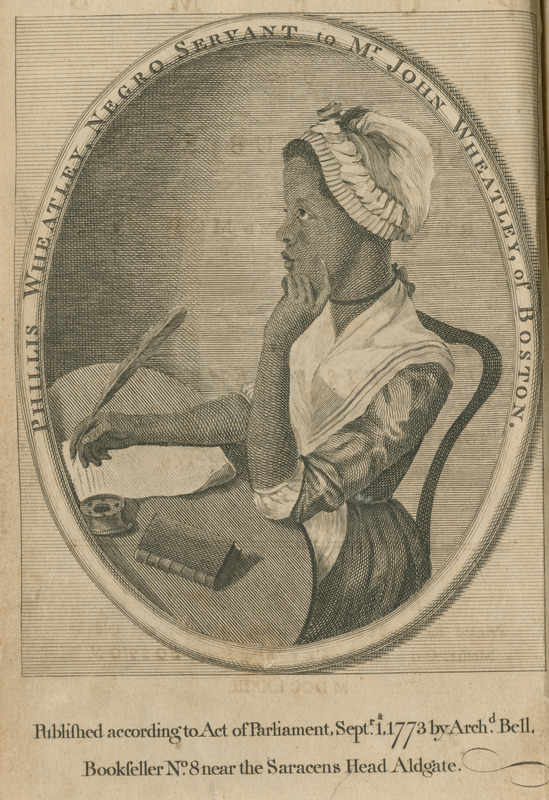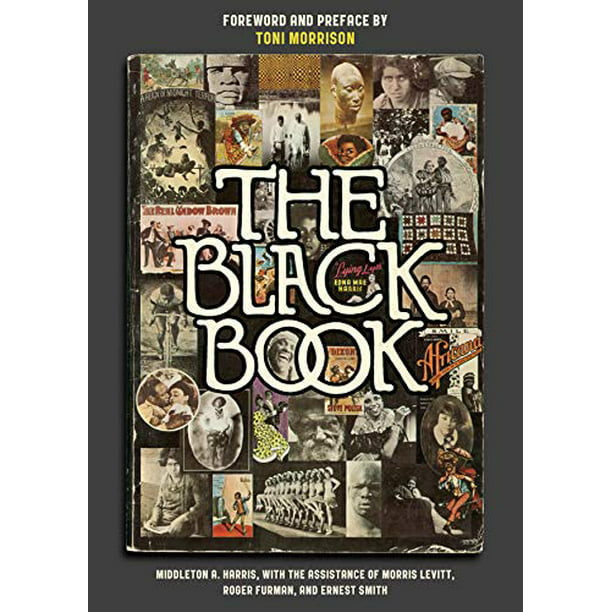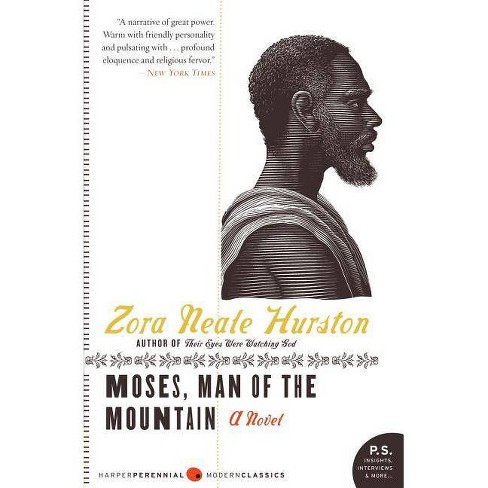Stage IV
“The Ethiopian was willing to be saved by Jesus Christ”
Or, Black Mimetic Translation of Scripturalization

- Exhibition--Welcome >
- Orientation to Exhibition >
- Stage I >
- Stage II >
- Stage III >
- Stage IV >
- Stage V >
I who had been a slave in the morning, trembling at the will of another, now became my own master, and completely free…
As the form of my manumission has something peculiar in it, and expresses the absolute power and dominion one man claims over his fellow, I shall beg leave to present it before my readers at full length:
Montserrat.—To all men unto whom these presents shall come: I Robert King, of the parish of St. Anthony in the said island, merchant, send greeting: Know ye, that I the aforesaid Robert King, for and in consideration of the sum of seventy pounds current money of the said island, to me in hand paid, and to the intent that a negro man-slave, named Gustavus Vassa, shall and may become free, have manumitted, emancipated, enfranchised, and set free, and by these presents do manumit, emancipate, enfranchise, and set free, the aforesaid negro man-slave, named Gustavus Vassa, for ever, hereby giving, granting, and releasing unto him, the said Gustavus Vassa, all right, title, dominion, sovereignty, and property, which, as lord and master over the aforesaid Gustavus Vassa, I had, or now I have, or by any means whatsoever I may or can hereafter possibly have over him the aforesaid negro, for ever. In witness whereof I the abovesaid Robert King have unto these presents set my hand and seal, this tenth day of July, in the year of our Lord one thousand seven hundred and sixty-six.
Robert King.
Olaudah Equiano/Gustavus Vassa
As I was reading and meditating on the fourth chapter of the Acts, twelfth verse, under the solemn apprehensions of eternity, and reflecting on my past actions…not knowing whether salvation was to be had partly for our own good deeds, or solely as the sovereign gift of God…the Lord was pleased break in upon my soul with his bright beams of heavenly light; and in an instant, as it were, removing the veil, and letting the light into a dark place…I saw clearly, with the eye of faith…I saw the Lord Jesus Christ in his humiliation…I then clearly perceived…I was then convinced…It was given me…to know…The word of God was sweeter to my taste…Christ was revealed to my soul….This was unspeakable….I was sensible of the invisible hand of God….When I considered my poor wretched state, I wept, seeing what a great debtor I was to sovereign free grace. Now the Ethiopian was willing to be saved by Jesus Christ.
Olaudah Equiano/Gustavus Vassa
Stage IV makes the turn to efforts on the part of black-fleshed peoples to “make do with the (white men’s) fetish.” In The Interesting Narrative this includes religious conversion, to be sure. But the reader-critic engaged in close reading, what I prefer to think of as transdisciplinary excavation, can hardly fail to take note of the fact that in Equiano’s/Vassa’s life story the religious conversion is metonymic of the larger ongoing attempt on the part of this particular black-fleshed person to be “saved” within/into white men’s world. Such attempts on the part of many if not most in the Black Atlantic worlds also constitute a layered and complex history—of representations, resistance, flight, accommodation, survival—all masquerade. No source advanced regarding the experience of the black-fleshed person “being saved” can contradict this claim.
Beginning in 1961, Wash Harris (1905-1995), an African Native American healer from Panola County Mississippi, worked with his family and congregants of their church to transform a two-acre compound in rural South Memphis into a visionary spiritual shrine called The Saint Paul Spiritual Holy Temple. They built residences, underground shelters and tableaus, a Spiritual Church, and over a hundred monumental works in wood, steel, cane, and bead called The Degrees of God and Craftwork. The Temple became a center for spiritual counseling and herbal medicine, serving clients from Memphis and the Mississippi/Arkansas Delta who had heard about it through word of mouth. Doc Harris synthesized his African Native American ancestry with the global perspectives of Freemasonry and the healing and counseling mission of the Black Spiritual Churches of the American South. Access to the Temple remains rigorously controlled, but the Harrises make no secret of its purpose: “This place is a sign for future generations and the fallen of the world".
…the two binary frames [structure; antistructure] have made it a spiritual ship carrying its participants along…. As slave ships moved a continent’s population across the seas to a new hemisphere, a new ship soon bore some of its population to freedom. Later called the Underground Railroad, the system of escape from slavery often began with a surreptitious note to a prospective runaway… ‘Tell my brothers to be always watching unto prayer, and when the good old ship of Zion comes along, to be ready to step aboard.’
So the good old ship of Zion transported black fugitives to a dubious freedom in the North where the Fugitive Laws of 1793 and 1850 still permitted the slave owner to track down his chattel…. Today, the ship still transports its crew and passengers through rocky times….[T]he ‘old ship of Zion’ symbolizes spiritual transformation in ritual…a shelter against the storm of racial oppression and a vessel for sailing through it.
Walter F. Pitts, Jr., Old Ship of Zion: Afro-Baptist Ritual in the African Diaspora


The Norton Anthology of African American Literature
New York: W.W. Norton & Company, 2014
Like a ship that’s tossed and driven,
Battered by an angry sea,
When the storms of life are raging
And their fury falls on me,
I wonder what I have done
That makes this race so hard to run,
Then I say to my soul, take courage,
The Lord will make a way some-how.
Thomas Dorsey, "The Lord Will Make a Way Somehow"
[Jesus story is] another fiction story,
but it’s about time to feel the Glory of God from the inna,
Another winna,
Feel the ultimate strength,
The Maker, the Owner,
The Cream of the Planet,
Sure to charm them,
Alarm them,
Bust a rap,
Gettin’ down uptown
With the Full Boys Choir of Harlem
….
Feel the Glory of God
Feel the Glory of…
…of Digital Man…
We gotta do this, people
…Get ours…
There ain’t no turnin’ back
Busta Rhymes, "Glory to God"

- Exhibition--Welcome >
- Orientation to Exhibition >
- Stage I >
- Stage II >
- Stage III >
- Stage IV >
- Stage V >



































